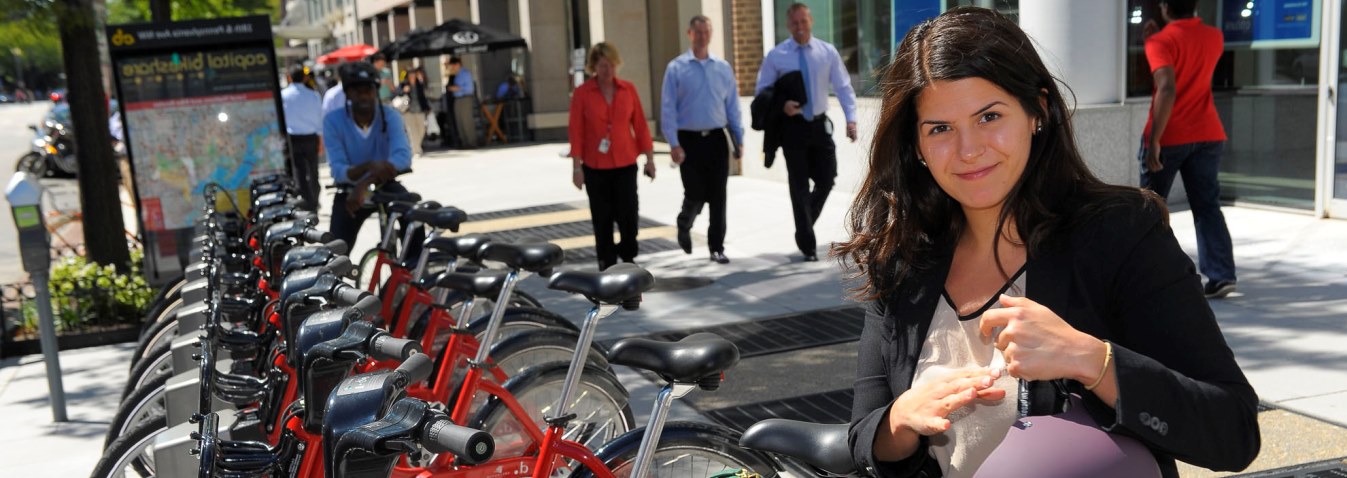
I could go into my journey of environmental awareness, which is a winding path through veganism and vegetarianism, attempts at neutral impact living in the style of No Impact Man, and adventures in water-saving techniques (you learn to conserve water when you live in a flat with water flowing for only about 4 hours a day, and it’s senseless to waste water in a country with limited access), but there is a word limit on this blog post. Long story short, mindful living is a journey that touches on our personal ethics, habits with which we have grown up, and traditions in our own society. We all do what we can, and that with which we are comfortable. Meanwhile, each individual action amounts to a rain drop in a flood of positive change.
Here are a few steps I’ve taken that are fairly easy to replicate:
-As a renter, I cannot install low-flow toilets, so I like to fill used bottles with water, seal them, and submerge them in the toilet tank at home to save water.
-I always turn off my computer and monitor when I leave the office in the evening. It saves a miniscule amount of energy, but think of how much energy is wasted when millions of people leave their idle machines on.
-A few months ago, I won an annual membership to Capital Bikeshare during a safe cycling class they taught at the World Bank. After a cycling commute, I arrive at the office more refreshed and with a bit more money in my pocket than if I spent my morning sitting on a Metro train. (My coworkers, TMS Ruge and Simona Palummo have also blogged on manual commuting!)
-About 5 years ago I transitioned to a vegetarian, and mostly vegan, diet. You don’t have to be vegan to reduce your impact, but just replacing a few meals a week with plant-based foods can have a huge impact. Animal agriculture has been estimated to contribute anywhere from 18% (FAO’s 2006 report, “Livestock’s Long Shadow”) to 51% (The World Watch Institute’s 2009 “Livestock and Climate Change”) of total greenhouse gas emissions measured by warming ability (carbon dioxide equivalents). Animal agriculture also requires more land and water, and diverts food crops from human consumption to animal consumption, where energy is lost before reaching the table.
I hope these actions inspire you to examine where you feel comfortable making positive changes, and I invite you to share your stories in the Voices4Climate competition.



